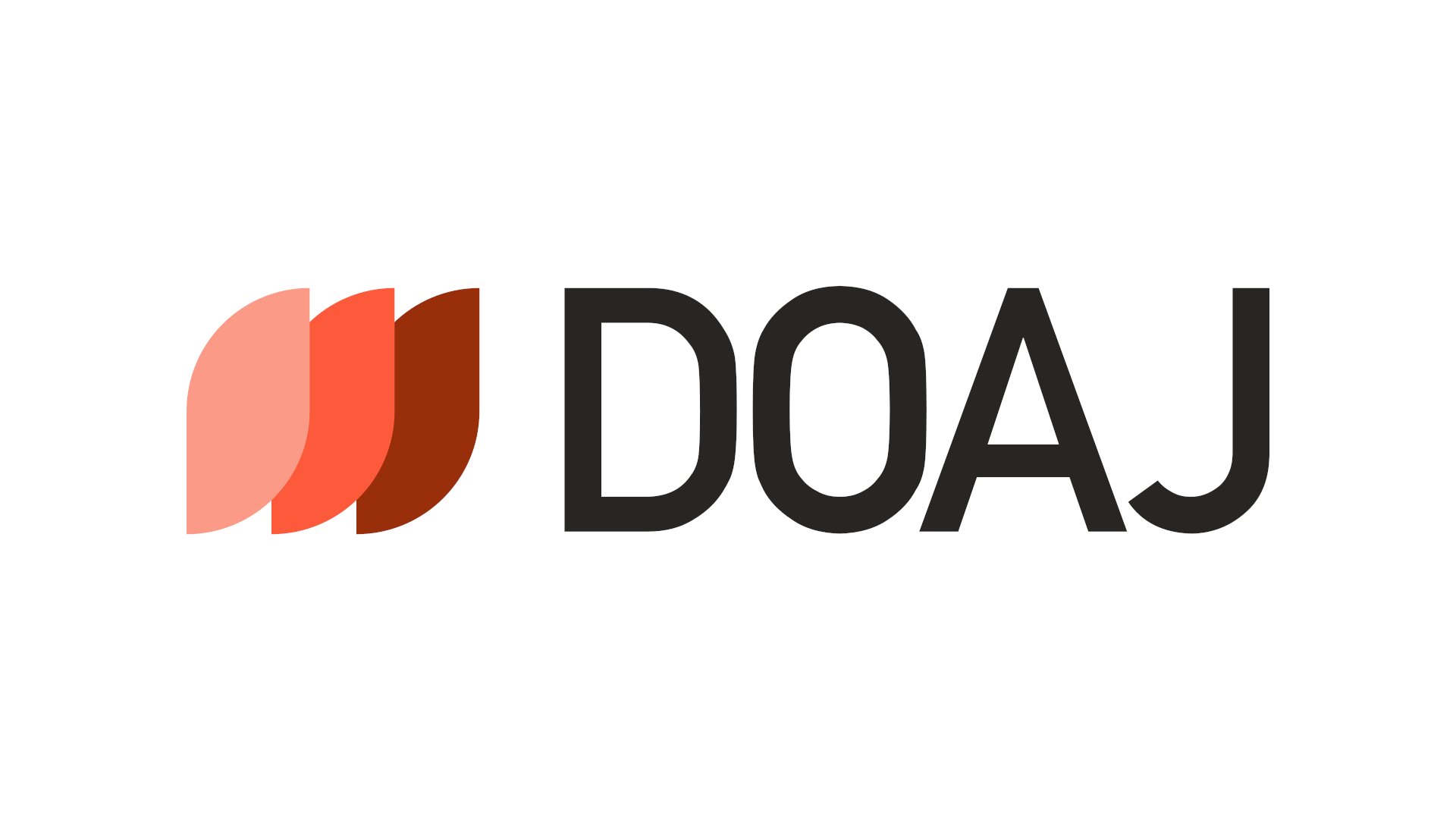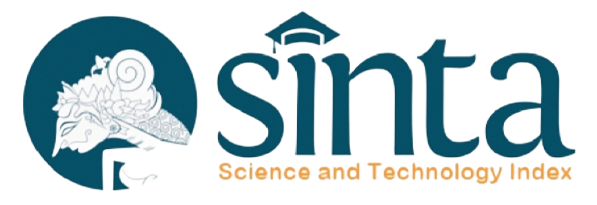The Evolution of Educational Assessment: How Artificial Intelligence is Shaping the Trends and Future of Learning Evaluation
DOI:
https://doi.org/10.33022/ijcs.v13i6.4465Keywords:
AI in Education, Assessment, Personalized Learning, Adaptive Feedback, Machine LearningAbstract
The article discusses the challenges in traditional educational assessment methods, such as limited personalization, inefficient feedback, and an overemphasis on lower-order thinking skills. The study aims to explore the evolving role of Artificial Intelligence (AI) in educational assessment, identifying current trends, assessing its impact on learning, and forecasting future developments. A systematic literature review (SLR) was employed to examine the integration of AI in both formative and summative assessments. The findings reveal that AI-based assessment systems provide adaptive, personalized feedback, promote student engagement, and foster individualized learning paths. AI technologies, like machine learning and natural language processing, are particularly effective in providing real-time feedback and evaluating higher-order competencies, including critical thinking and creativity. However, challenges such as data privacy and algorithmic bias remain critical concerns. The study concludes that AI has significant potential to transform educational assessment, offering more dynamic, efficient, and personalized evaluation methods. Future research should focus on addressing ethical concerns like data privacy and algorithmic bias while enhancing AI-driven assessments' adaptability and scalability to support diverse learner needs.
Downloads
Published
Issue
Section
License
Copyright (c) 2024 Indra Saputra, Arief Kurniawan, Merita Yanita, Elviza Yeni Putri, Melda Mahniza

This work is licensed under a Creative Commons Attribution-ShareAlike 4.0 International License.





